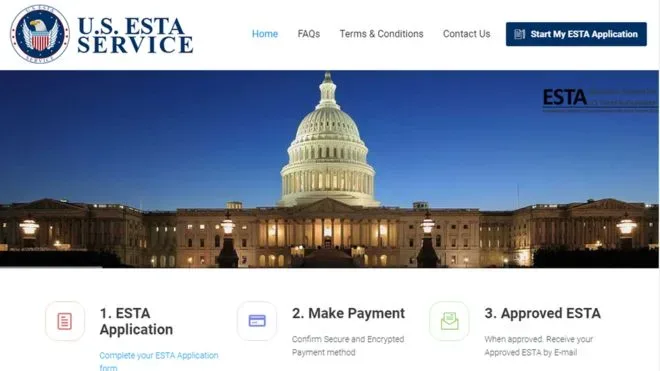Google is getting serious about blocking ads.
The tech giant has joined the Coalition for Better Ads and begun blocking disruptive promos in its Chrome browser for users across North America and Europe. This week, the Chromium team announced that the browser’s built-in ad blocker will go live on July 9th for users worldwide.
This announcement comes after the Coalition for Better Ads declared that it will expand the Better Ads Standards worldwide. The coalition considers 12 types of ads to be intrusive, such as autoplay video ads that have sound, popup ads, and large sticky ads.
Large sticky ads continually move and block the user’s field of view while they are surfing the Internet or navigating a webpage. In November, Google announced that it would ban all ads on websites that run abusive ads. Google would take this action if the site’s admin failed to make corrections within 30 days of an initial warning.
This ad-blocking feature was included in Chrome 71, which tries to limit abusive experiences such as fake messages, phishing, unexpected click areas, auto-redirects without the user’s consent, malware, misleading site behavior, and fake mouse pointer images.
The company will try to implement these rules for websites across the globe. Site admins will be able to check a special report page which will highlight the conditions that lead to abusive user experiences and explore ways to rectify the issues, including punishing sites that don’t comply.
These new rules will likely lead to a more engaging, less intrusive user experience. Chrome’s senior director of product, Ben Galbraith, said that their tests in North America and Europe have drastically improved compliance:
“As of January 1, 2019, two-thirds of all publishers who were at one time non-compliant to the Better Ads Standards are now in good standing. Further, out of millions of sites we’ve reviewed to date, less than 1% have had their ads filtered.”
Google’s decision to refine the ad experience was largely motivated by the Coalition for Better Ads. The Coalition carried out extensive research before designing guidelines for a better Internet experience.
The Coalition carried out the research on 66,000 consumers in countries that represent 70% of global online advertisement expenditure. There was a strong link between online ad experiences and the desire to adopt Better Ads Standards for both desktop and smartphones.
The Better Ads Standards help estimate the likelihood of a user installing an ad blocker on their web browser. If the site fell below the Standards’ threshold of consumer acceptability, users were more likely to use ad blockers. It’s in a website’s best interest to make sure customers don’t install ad blockers since ads are a main source of revenue. Creating a more relevant and less intrusive experience will ensure users to still see the ads that allow websites to profit.
Many businesses have incorporated the Standards into their business model to ensure their ads offer value and do not turn away potential customers.
It will be interesting to see how much these changes will affect Google’s market value as ads are a major source of revenue.
Just like there’s no such thing as a free lunch, there are no free web experiences. Google clearly has evidence that the move will increase profits in the end.
Of course, Google might be doing this just to keep us happy, out of the goodness of its own heart. Stranger things have happened in the past.





Share Your Thoughts